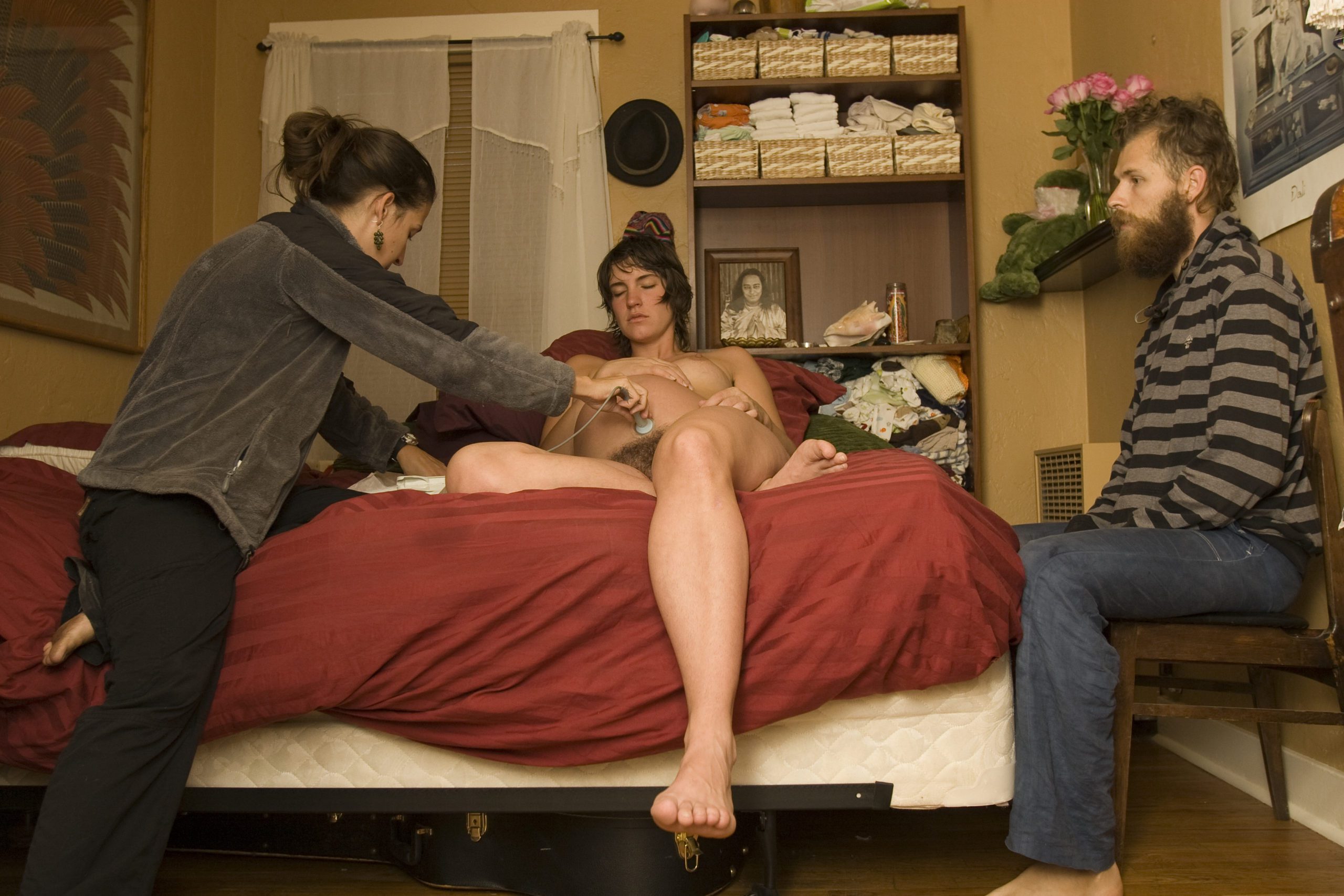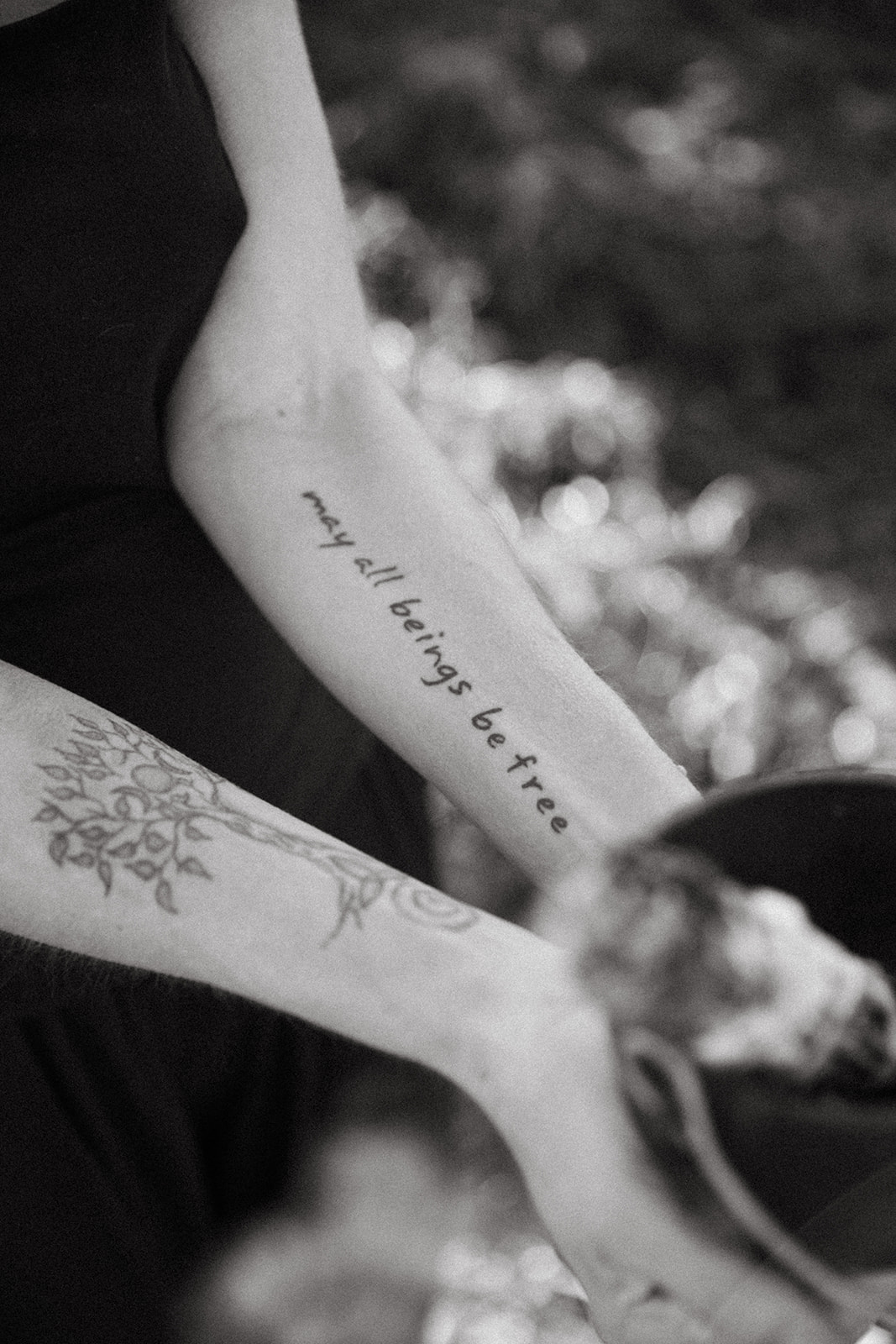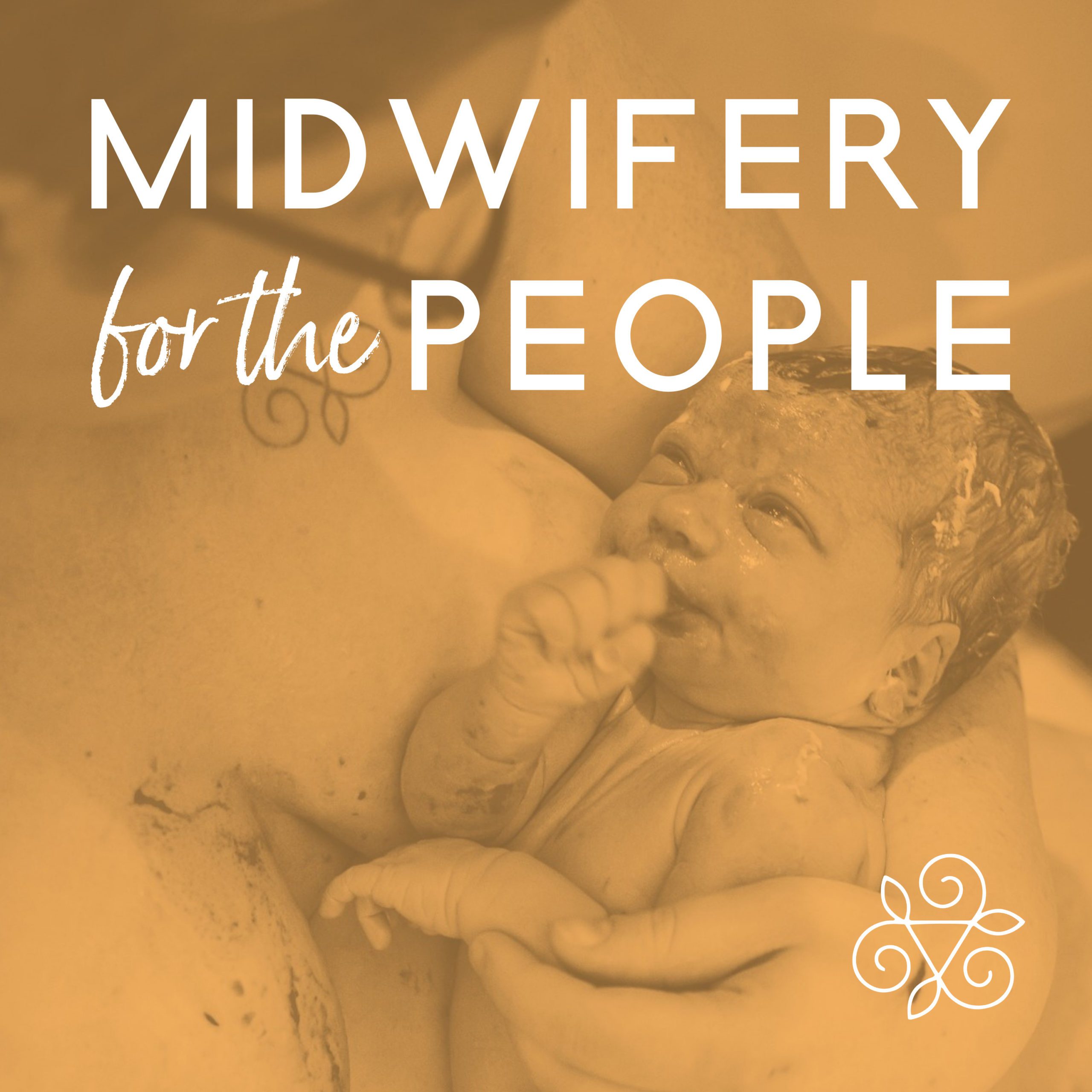Pre-Conception
1. Start eating well, sleeping well and get exercise!
2. Eliminate stress as best as you can. Take time for yourself.
3. Learn about Natural Family Planning (Must Read: Taking Charge of Your Fertility)
4. Start to chart and keep track of your cycles. This information will be invaluable when you get pregnant, or if you have trouble getting pregnant.
5. With this chart information, hopefully you’ll be able to narrow down the ovulation date/conception date for your pregnancy! Knowing these dates will save you stress when either the ultrasound tells you different and/or your doctor wants to induce you.
6. Consider alternative therapies for optimum fertility: acupuncture in particular can line the hormones up pretty fast! (Read: The Pregnancy Miracle. I reviewed it here.)
7. Feel free to start casually investigating caregivers! Check out websites, see what the options are in your area and connect with other mamas.
8. Watch “The Business of Being Born.”
9. Read Henci Goer’s “The Thinking Woman’s Guide to a Better Birth.”
10. It is NEVER too early to start learning about natural pregnancy and birth and what your options are. Those who say it is don’t know they have options!
You are Pregnant!
11. Find out about different birth options in your area and different caregivers. Even if you think you know “where” you would like to birth, interview a few people in each category. That means doctors, hospital or birth center based midwives, and homebirth midwives. Most give a free consultation.
12. Formulate a list of questions for the interview. Try to get a feel for each person’s personal practice style and/or protocol.
13. Remember that aside from protocol (what a caregiver may be “allowed” or “not allowed” to do), the MOST important thing is your connection personality-wise with this person.
14. Remember, homebirth is a safe, viable option for healthy mamas.
15. The main difference between doctor care and midwife care is that to the midwife, you are an individual. Care is usually not rushed, appointments are about an hour long and hopefully answer all your questions.
16. Ask for references. You may learn a lot by talking to a doctor’s/midwife’s past patient/clients.
17. Please don’t use insurance (or lack of) as the deciding factor in making this crucial decision. Your baby’s birth and your birth experience are priceless. Please don’t think that anything is “free.”
18. Consider that, if you desire a natural birth, going to an obstetrician is a little like enlisting a neurosurgeon when you have a cold! Pregnancy is not a “sickness,” and your body is capable and able to successfully complete the whole process without much (or any!) intervention from someone that specializes in surgery.
19. Have your partner research your options along with you, and bring your partner to the meetings/interviews with questions and concerns in tow.
20. If this is not your first pregnancy, you may still benefit by researching your area and checking out any new options. A cesarean or hospital birth previously does NOT mean you have to go that route again.
Pregnancy Resources
21. Read Indie Birth.
22. Get a copy of Holistic Pregnancy Nourishment.
23. If you have a partner who is not keen on you having a homebirth, get them this.
24. Do NOT read “What to Expect When you are Expecting”… unless you want to engage fear in your pregnancy!
25. Read Aviva Jill Rmm’s “Natural Pregnancy Book.”
26. Find a homebirth or natural birth group in your area.
27. Go to a local La Leche League meeting.
28. Find a natural childbirth class (Hypnobirthing, Bradley, Birthing from Within).
29. Find a prenatal yoga class.
30. Subscribe to Mothering Magazine ASAP.
Taking Care of Yourself
31. Get a guide to smart pregnancy nutrition.
32. Get nutritive pregnancy tea.
33. Understand why nutrition in pregnancy is important.
34. Get sunshine, air and exercise every day.
35. Go for regular massages, and chiropractic adjustments, even when nothing is “wrong.”
36.Take time for yourself every day.
37. Take time to connect with your baby every day. Talk to your baby and feel what he/she feels.
38. It’s OK to feel fear and uncertainty sometimes, or to even not enjoy being pregnant. Your experience is valid no matter what it is. Do the best that you can.
39. WHole foods, whole foods, whole foods (and we don’t mean the store:)
40. Find a pregnant buddy, either locally or online and support each other through the pregnancy!
Interventions
41. Ask for all copies of your lab work, prenatal records and make sure you understand them.
42. Realize that every intervention, no matter how natural (herbs, etc.) it may be, has risks and benefits.
43. If you haven’t already, read Goer’s “The Thinking Woman’s Guide to a Better Birth“–and consider a re-read if you have!
44. Routine ultrasound (one without a medical “reason”) is unwarranted and may be unnecessarily dangerous.
45. Every test and procedure that someone wants to “do” to you can really only be done after you have done your research and only then IF you give your consent. No test or procedure should be done to you routinely or with you not understanding it, or with you being scared into it.
46. Again, a good childbirth class will help prepare you for the interventions that are commonplace in the average birth.
47. If something comes up that needs investigation, get a second opinion. Great example is if your doctor wants to induce you for no other reason than being past your due date. Many a midwife has been hired last minute for this very reason–and many a baby has been born “late” at home, peacefully instead of being forced out–just because some mamas don’t believe everything they are told.
48. Ask your doctor or midwife how often they have needed to do some of the following: episiotomies, c-sections (even a midwife has a c-section rate, although she obviously cannot perform one.) A red flag would be a high rate of any intervention, and/or a caregiver that seems to think that any intervention should be routine.
49. Read up on testing. Realize that testing (even ultrasound) usually leads to more testing. Choosing intervention almost always snowballs.
50. Instead of looking for a problem, consider trusting, and connecting with your body and your baby.
Preparing for Labor and Birth
51. Read “Natural Childbirth the Bradley Way.”
52. Watch natural childbirthbirth DVDs–there are some good waterbirth videos, as well as personal birth story videos all over You Tube.
53. Read positive birth stories at Indie Birth.
54. Ask questions!! Don’t feel like there are certain things you “should” know!
55. Recognize that birth is normally not a medical event.
56. Pay attention to the fact that birth is not only physical, but emotional and spiritual. Each facet cannot be underestimated or overestimated, and the balance is different for each woman.
57. Understand how birth “works.”
58. Understand optimal fetal positioning (Read this by Gail Tully, and visit SpinningBabies.com)
59. If this is your first baby, prepare for a longer, gradual event.
60. Consider hiring a doula; a MUST for hospital births and a maybe for homebirths.
61. Learn about waterbirth. Consider a tub even just for labor.
62. Work as best you can in investigating your fears. Seek out help if you want someone to help you process–your midwife, sister, friend or spiritual counselor. Learn about YOUR own birth, the one when you were born! Realize that as women, we carry these birth stories with us, so it is helpful to know what the stories are and how they may affect us. Help prepare your partner/kids. When they understand how things work, how it might look or sound, they will naturally be more supportive and less fearful. Make a “plan” but know that labor and birth (and babies!) are largely unpredictable. That is the mystery of the process. Prepare your body and mind with what you feel called to do (supplements, energy work, etc.).
Labor and Birth
63. Have a job for everyone that attends the birth. Too many people present can equal too many hours in labor for you! Invite only those people whose energy contributes to a peaceful, loving birth.
64. You can do it. You are doing it. The hardest part is often the shortest, and your baby is on the other side of that.
65. Release all expectations and plans for your labor and birth. Stay open to the idea that you will get and experience exactly what you need.
66. Move around! As much as you can, and maybe more. Use water to help relax.
67. Know that your baby is strong and healthy and is working just as hard as you are.
68. Stay in the moment. You will only pass through this labor once. Each second that passes, although you may welcome it at the time, will never come again. Enjoy your labor.
69. If you or your baby needs help, try to go with the flow. We do not control birth, it is only to be respected. If your baby needs intervention, make sure you understand why and how and what the risks/benefits are. DO NOT be scared into an intervention.
70. Tune into your baby. Talk to baby between contractions and feel how baby is handling labor.
71. Consider what women need to birth effectively: warmth, dark, quiet, feeling safe and loved.
72. Consider recording this event (pictures, video) even if you won’t want to watch it for a while… or ever. Your baby’s entrance into this world, however it happens, is blessed and sacred.
Postpartum
73. The MOST underestimated part of this whole cycle is after the baby comes.
74. Limit visitors and politely ask that all who come not only wash their hands, but bring you food (or help in some way) and limit their stay.
75. ALL you need to do and should do is nurse your baby. Stay resting in bed for the first few days, and stay low-key and homebound for at least the first 10 days.
76. You are healing from an intense physical and emotional event. It is not appropriate to return to life as it was. No dishes, no laundry. Rest only and enlist those that can help you rest or take care of you.
77. Keep your baby’s naked skin as close to your naked skin as possible. This is best for baby, and also ensures amazing milk production. This also keeps you from getting out into the world too soon!
78. Consider hiring a postpartum doula or nurse to care for you and the house. You keep the baby!
79. Your body will physically never be the same, but will slowly return to normal within the first 6 weeks. However, acknowledge the “4th trimester” which is the first 3 months after birth. You and baby will both go through many changes.
80. Process and write your birth story, slowly. Quickly enough that you won’t forget details, but taking time to feel the emotions and work through them, especially if the birth turned out way different than you expected it to. The hardest part to process can indeed be our expectations–not only of birth, but who we should be as a mom.
81. Robin Lim’s “After the Baby’s Birth” is a must read.
82. Aviva Jill Romm’s postpartum book.
83. Enjoy being with your baby. DO nothing but be with the baby. He/she will only be this small and helpless for a very short time. Relish every moment of it.
84. One of the best nutritive things you can do for yourself is to ingest your placenta (assuming it was kept drug-free during labor and birth). Find someone to capsule it for you or make smoothies from it. This will help even out your emotions, making you less prone to postpartum depression, as well as promote your milk supply.
85. Understand your postpartum testing options. Babies in hospital are routinely given a Vitamin K injection, a Hepatitis B vaccine, eye ointment, a routine bath and one or several heel sticks for jaundice and metabolic testing. Learn about these things ahead of time and make your own choices. Do not compromise on things you do not want and understand the risks/benefits.
86. Read up or attend a class on basic newborn care. Ditto for infant CPR.
87. Aviva Jill Romm’s “Naturally Healthy Babies and Children.”
88. Learn about belly binding and consider wrapping your belly after birth.
89. Eat really well. Drink a LOT of fluids. Don’t expect to lose weight too soon.
90. Almost right after birth, you can resume doing Kegels and slowly adding more exercises and strengthening in.
91. Babies like to be held. Almost as much as they like to nurse. Use a baby sling or carrier. This is the one I use now.
92. You don’t need much for a baby. Besides a carrier or cling, a few diapers is really it. Baby only wants to be on or near you.
93. Breastfeeding can take time for you and baby to figure out. Your milk won’t come in until day 3 or so after birth.
94. When baby nurses, it should feel like a gentle tugging. Your nipples should not be overly sore, painful, cracked or bleeding.
95. Have at least one other mama (friend, sister) that you can call at any hour of the night when you are up nursing. You may be emotional or frustrated or just plain exhausted.
96. Recognize that this too (see #95) will pass.
97. Give yourself time to re-integrate back into the world. There is really no rush, so ignore the fact that society has no respect for postpartum moms and babies. Soon you will back into the world!
98. Consider getting newborn photographs taken of your new baby.
99. Especially if you had a natural birth and pregnancy, consider leaving your baby boy intact (uncircumcised) and consider not vaccinating your baby. Research these topics extensively and do not let anyone talk you into anything.
100. Breastfeed your baby for as long as she/he wants. In the smaller picture, this means no scheduled nursing. Baby nurses as often as baby wants to. In the bigger picture, this means nursing your baby into toddlerhood and allowing the baby/child to self-wean when ready.
101. Nursing is one of the best things you can do for you baby; with lifelong positive effects for baby AND you.
102. This baby chose you. You are the perfect mother for this child, and this child is the perfect teacher for you.
103. Above all, love yourself. Love your baby. Recognize there is no “right” way, only THE way of YOUR heart.
OK, so that’s 103 tips 🙂





Midwife induced, medicated, guilt tripped, make me lay flat on my back, yelled at me for getting up, moving around, even insisting on a toilet instead of a bedpan. Natural? OB. Don’t assume MD = medical and midwife = natural. I was called a bad mom for not wanting an induction, that I wanted to kill my baby. Because my blood sugars were 112 one morning. Trust a PERSON, not a TITLE.
You are so right! Like I said, personality is likely the most important thing. And find a person you can trust, whether it be man or woman, doctor or midwife. One thing I would add is, the responsibility is yours, no matter who you hire!
I am 40 wks + 6 days. Stopped seeing an OB as I am planning a home birth with birth attendant (non-midwife), my first baby! I want to eat my placenta but last trimester started taking occasional TUMS for persistant/uncontrollable heartburn (I take approx 3-4/day of lower dose). Would this affect my placenta’s health? Besides this I have not taken any pharmaceuticals (or even the glucose test, etc). And eat organic and whole and exercise every day! Thanks xo
Great pregnancy website, provides enough info, positive outlook and I like the daily growth feature. It has helped me to bond with this future baby even though it doesn’t feel real yet.